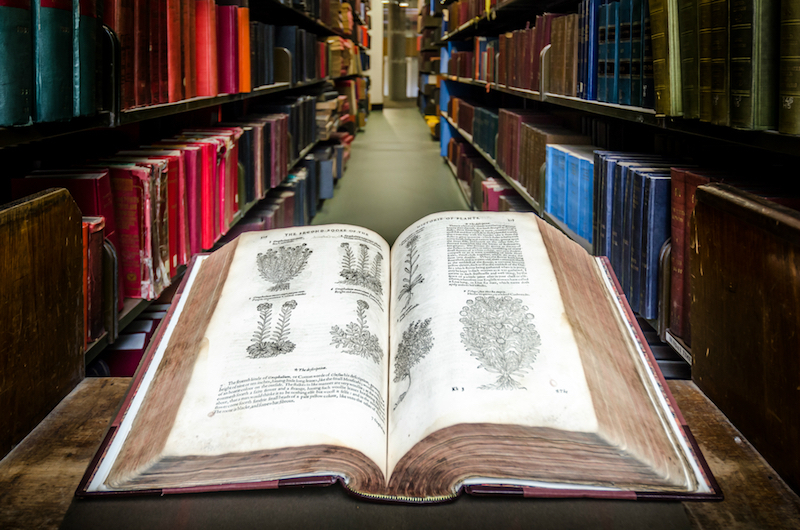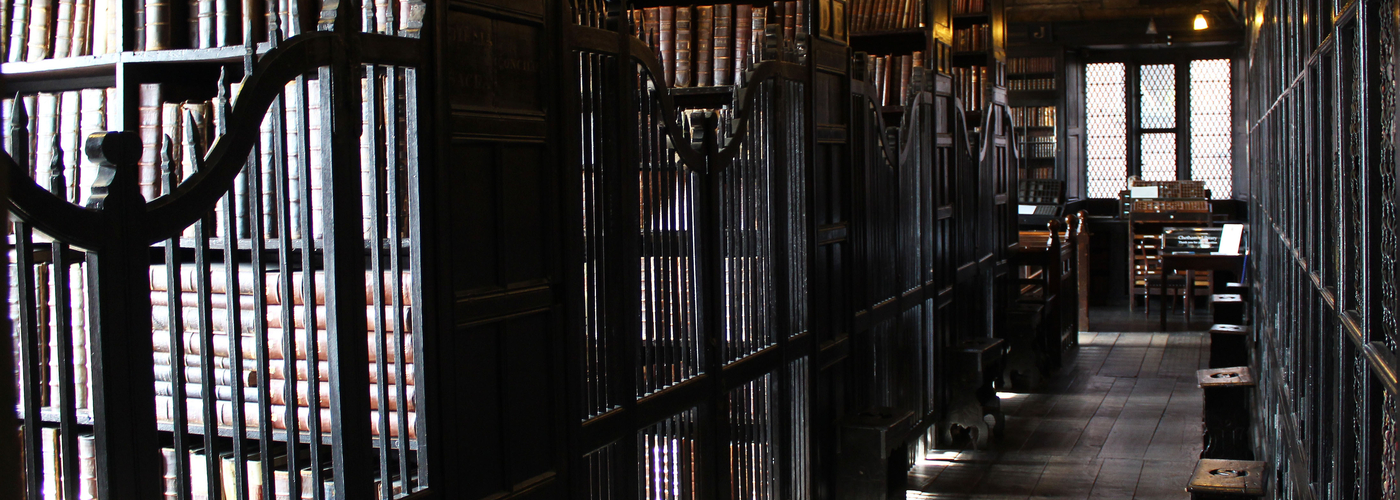Home to the UK’s first public lending library and writers such as Elizabeth Gaskell, the city's bid has been accepted
After lodging its bid to become a UNESCO City of Literature in June, Manchester had to endure a tense few months before learning the outcome. It was worth the wait, however, as Halloween saw UNESCO announce the bid had been successful.
Home to the UK’s first public lending library and a formidable literary canon, Manchester will join the likes of Baghdad, Dublin, Barcelona, Prague, Melbourne, and Reykjavik in the Cities of Literature network; which works to develop new local, national and international literary links.
Read: Literary Manchester: bookshops, festivals and institutions
Manchester’s bid - endorsed by the Royal Society of Literature and the English Association - was coordinated by a consortium involving Manchester City Council, the University of Manchester, Manchester Metropolitan University and the Manchester Literature Festival, plus representatives of the city’s writers, publishers and literary organisations.
To mark its success, the steering committee has developed plans for a lively literary programme including a libraries festival, a new writers’ hub and international projects to support new work. Writing in translation and music will also be encouraged, as well as the writing of Manchester residents.
Manchester is home to the world-class Central Library, as well as three historic treasures - The Portico, John Rylands, and Chetham's - and is dedicated to ensuring that all residents can access the transformative power of books.
Recent initiatives include issuing every child born in Manchester with a library card and launching a pilot scheme with Lifeshare to help homeless people register as library members, while Salford City Council has announced seven new libraries and improved facilities as part of a £590,000 investment in library services over the next four years.
The city also boasts two of the country’s most highly regarded writing schools (the University of Manchester’s Centre for New Writing and the Manchester Writing School at MMU) plus Manchester Literature Festival, one of the most innovative and popular literary events in the UK. It is home to a thriving live literature scene - with thousands of people attending book launches, author readings and performances, open mic nights and regional festivals - and the legacy of its native authors is celebrated at the International Anthony Burgess Foundation and Elizabeth Gaskell’s House.
Local publishing spans the Booker-shortlisted fiction of Saraband to the compelling short stories of Comma Press and the award-winning poetry of Carcanet.

Manchester City Council’s Executive Member for Schools, Culture and Leisure, Councillor Luthfur Rahman, said: “We are extremely proud to become a UNESCO City of Literature, as we recognise the power of words to promote greater understanding, well-being and learning across our proudly diverse city.”
Prof John McAuliffe, of the Centre for New Writing at University of Manchester, said: “This is a cause for great celebration, which will help us to strengthen our university’s many partnerships with the city and its communities. Our staff and student writers know that Manchester is a City of Literature, a place whose graduates include Anthony Burgess and the war poet Alun Lewis, Jeanette Winterson, Booker winner Barry Unsworth and bestseller Sophie Hannah.
"We all benefit from the presence in the city of great publishers like Carcanet and Comma and from what this announcement recognises - the enormous array of literary events, festivals and opportunities for engagement with new writing and new audiences which Manchester offers.”
Dr Jess Edwards, Head of the Department of English at MMU, added: “Manchester has deep roots as a home and subject of great literature, but its time as a City of Literature is now. The Manchester Writing School at MMU, led by the UK Poet Laureate Dame Carol Ann Duffy, has twenty years of experience in developing new writing and in supporting reading and creativity in Manchester’s diverse communities. We’re looking forward to working with our partners to make Manchester a City of Literature for everyone.”
For more information, visit www.manchestercityofliterature.com
















